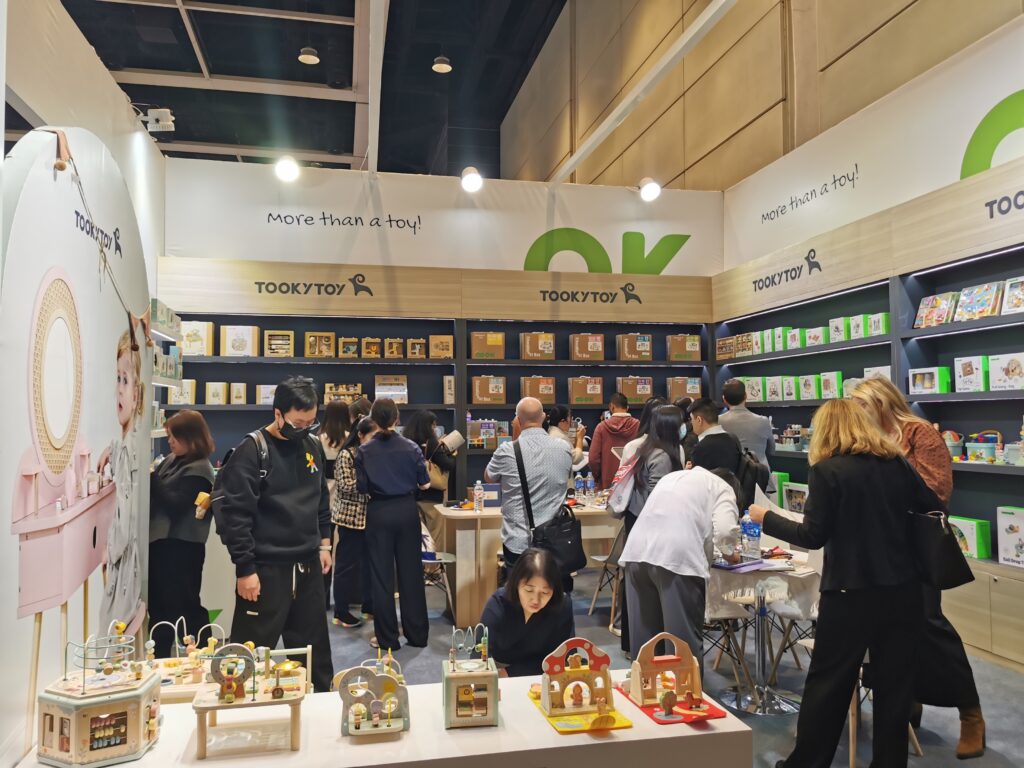Parents today are increasingly mindful of the toys they choose for their children. With growing concerns about screen time and plastic waste, many are turning to wooden toys. But beyond sustainability, how do wooden toys actually support a child’s growth and learning? Let’s dive into the developmental advantages these wooden toys.
Do Wooden Toys Enhance Cognitive Development?
Cognitive skills like problem-solving, memory, and logical thinking are foundational for lifelong learning. Wooden toys, such as puzzles, blocks, and sorting games, actively engage a child’s brain.
Problem-solving
Simple wooden puzzles require children to analyze shapes and spatial relationships.
Cause and effect
Toys like kitchen sets teach kids to predict outcomes through action.
Focus and patience
Unlike flashy electronic toys, wooden toys encourage sustained attention to complete tasks.
By minimizing distractions, wooden toys help children develop critical thinking skills organically.
How Do Wooden Toys Improve Motor Skills?
From griping blocks to balancing wooden toys, these toys are instrumental in refining both fine and gross motor skills.
Fine motor skills
Small wooden beads for threading or pegboards strengthen hand-eye coordination and dexterity.
Gross motor skills
Larger toys, like pull-along carts or balance boards, promote whole-body movement and coordination.
Wooden toys often require physical manipulation, which helps children build muscle control and spatial awareness.
Can Wooden Toys Boost Creativity and Imagination?
Open-ended play is a hallmark of wooden toys. Without batteries or predefined functions, children are free to invent their own stories and scenarios.
Unstructured play
A set of wooden blocks can become a castle, a road, or a spaceship, fostering limitless creativity.
Role-playing
Wooden kitchens, toolkits, or dollhouses encourage imaginative social scenarios.
Studies show that open-ended toys like wooden ones lead to richer imaginative play compared to highly structured electronic toys.
Do Wooden Toys Support Emotional and Social Growth?
Toys aren’t just for solo play—they can also teach empathy, sharing, and collaboration.
Cooperative play
Building a wooden train track with siblings or friends requires teamwork and negotiation.
Emotional resilience
Wooden toys rarely “break,” reducing frustration and teaching children to care for their belongings.
By encouraging shared experiences, wooden toys help children practice communication and emotional regulation.
Are Wooden Toys Better for Developing Eco-Conscious Values?
In a world grappling with environmental challenges, wooden toys offer a subtle yet powerful way to instill sustainable values in children.
Material awareness
Kids learn that toys can be made from renewable resources like wood instead of plastic.
Longevity
Passing down wooden toys through generations teaches the importance of reusing and reducing waste.
This early exposure to eco-friendly choices can shape a child’s mindset toward environmental stewardship.
Comparison: Wooden Toys vs. Plastic Toys
| Developmental Aspect | Wooden Toys | Plastic Toys |
|---|---|---|
| Creativity | Encourages open-ended play | Limits imagination with fixed functions |
| Attention Span | Promotes sustained focus | Often overstimulating |
| Sustainability | Biodegradable, long-lasting | Plastic-heavy, short lifespan |
| Social Interaction | Fosters cooperative play | Typically solitary use |
Why Choose Wooden Toys?
Wooden toys are more than just playthings—they’re tools that nurture holistic child development. From sharpening cognitive abilities to fostering empathy and environmental awareness, these toys offer benefits that extend far beyond childhood.
Ready to make a meaningful choice for your child’s growth? Explore our collection of handcrafted wooden toys designed to inspire, challenge, and grow with your little ones.
By choosing wooden toys, you’re not just buying a product—you’re investing in your child’s future. 🌱✨









